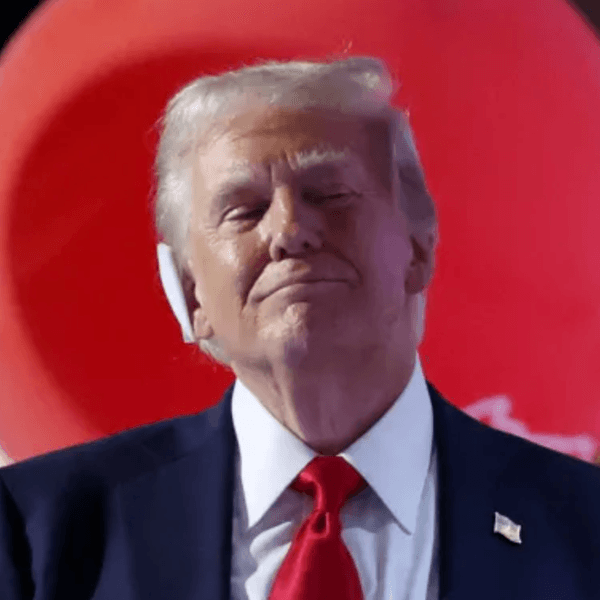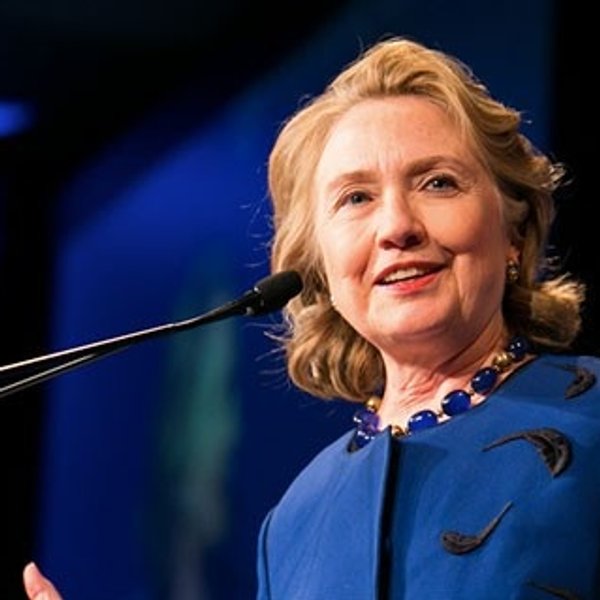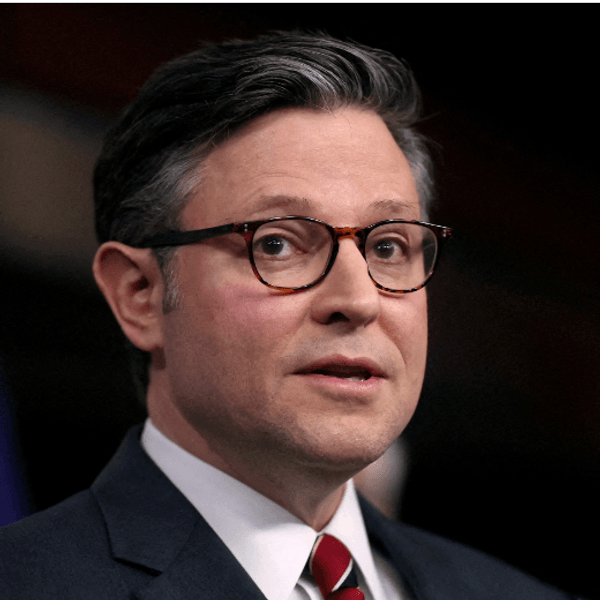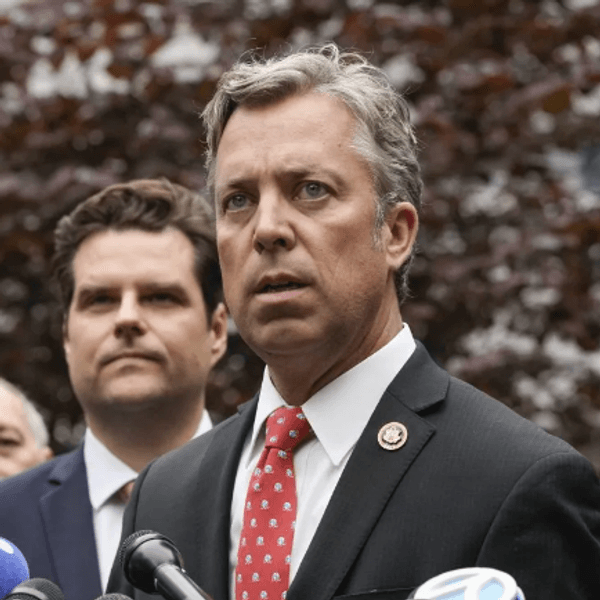
Oct. 28 (Bloomberg View) — The gloomiest reading about U.S. democracy I’ve seen for some time is New Yorker writer Jeffrey Toobin’s look at voting rights and the Supreme Court (via Ed Kilgore).
Toobin ends with a call for a new Freedom Summer. If Republican politicians make voting harder where they can, and the courts won’t stop it, then the only recourse is for citizens to do something:
… Voter-registration efforts need people — individuals willing to do the tedious work of persuading their fellow-citizens to make the effort to register and vote. Those who did so in 1964 risked their lives. Fortunately, that’s no longer necessary, but the effort still is, alas, half a century later. Regardless of the results of this year’s midterms, the need for this kind of effort will be great.
It’s a great thought. It’s also unlikely to happen. It was one thing for people to mobilize themselves against the apartheid regime of the South before the Civil Rights Act and the Voting Rights Act; it’s another to get people to recognize the injustice of making voting inconvenient for selected groups of voters. That’s what makes the new wave of restrictions so insidious.
Jim Crow was ended primarily by blacks and their allies who rose up, organized and took action. But they were helped by a lot of voters who saw an obvious injustice and told politicians to take the side of those who were prevented from voting. The new “targeted inconvenience” laws just don’t feel like a big deal for those who aren’t targeted.* If you’ve had a driver’s license since you turned 16, it seems as if everyone has one, or at least could go get one without much trouble. Where’s the injustice in that, if a license is all that’s required to register to vote?
Yet the injustice in fashioning rules and practices that make it easier for some to vote than others is real. These range from requiring a photo ID to cutting back voting hours and narrowing the windows for voter registration.
After all, some people don’t have an ID; not everyone drives a car, for example. And some states are rather selective in which IDs count (notoriously, Texas allows concealed-handgun licenses but not school IDs issued by Texas state colleges). Or consider polling hours. It may not be an obvious injustice if voting hours are tilted toward making it easier for one party’s voters and harder for the other’s, but it’s an injustice all the same.**
Some Republicans have come to believe voting should be reserved for a select group. But plenty of other Republicans (and independents and quite a few Democrats), while strong believers in democracy and voting rights, just don’t see where the harm is in some restrictions. And while few if any of these measures are aimed at combating fraud, it’s a plausible excuse and one that isn’t inherently bigoted or anti-democratic. In other words, the issue isn’t that a subset of people want bigoted or discriminatory voting rules. It’s that even those who want everyone to vote aren’t likely to oppose some registration limits or any of the other weapons Republicans are deploying to keep people away from the polls. And they aren’t likely to make opposing them a priority for the politicians they elect.
About the only good news in this is that the campaign to carry out targeted-inconvenience rules is probably self-limiting; the more it appears that a law is an injustice, the more likely it will produce a strong reaction.
And who knows? Perhaps calls for a Freedom Summer dedicated to getting people to the polls can be successful. The incentives are stacked against it, but the nature of political action is that citizens can beat even a rigged game. I just wouldn’t bet on it.
* “Inconvenience” includes financial considerations — for example, if you have to travel some distance to get a photo ID, or have to miss work to vote. Basically, the rule changes raise the cost (in money, time or effort) of voting. That is bad enough, but they also raise the costs unequally.
** For example, Republicans in some states, finding that blacks tended to vote on Sundays after church, sought to eliminate weekends from early voting.
Photo: Kelley Minars via Flickr
Want more political news and analysis? Sign up for our daily email newsletter!








